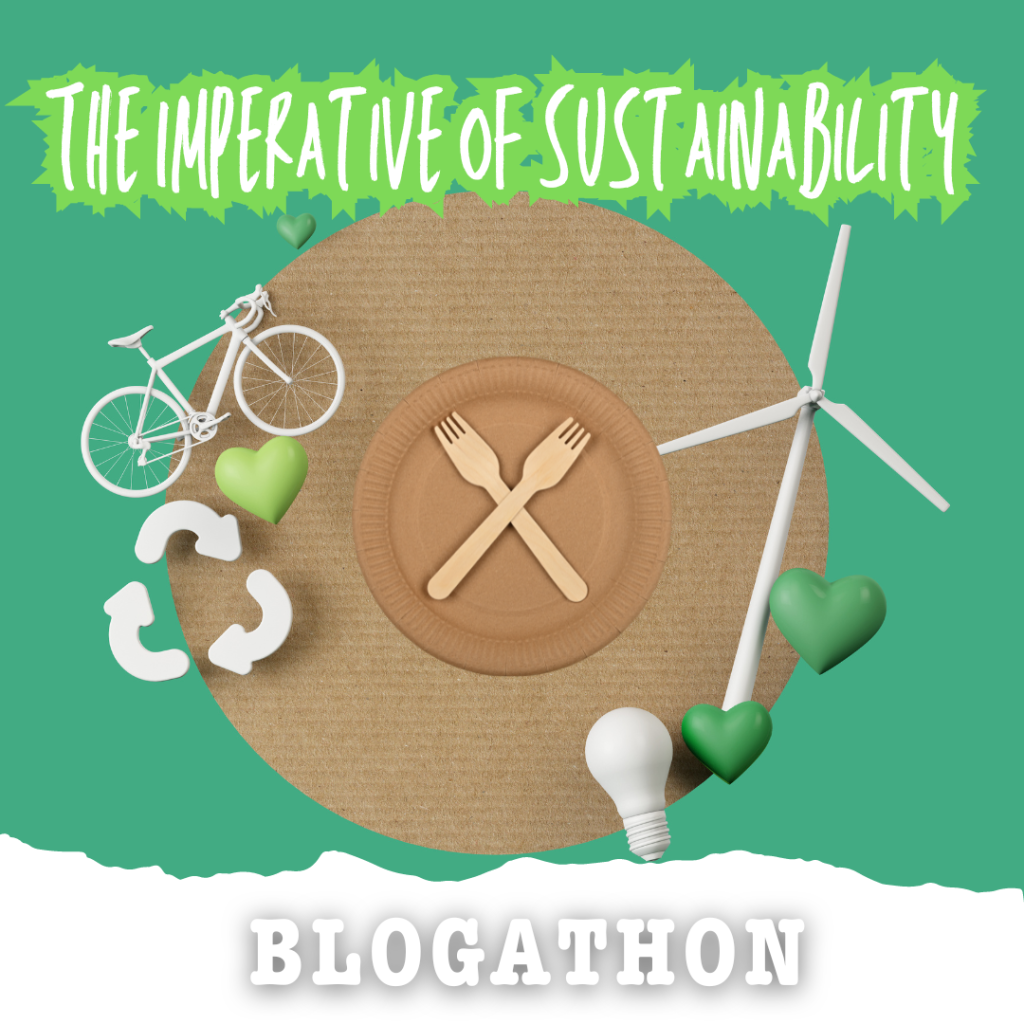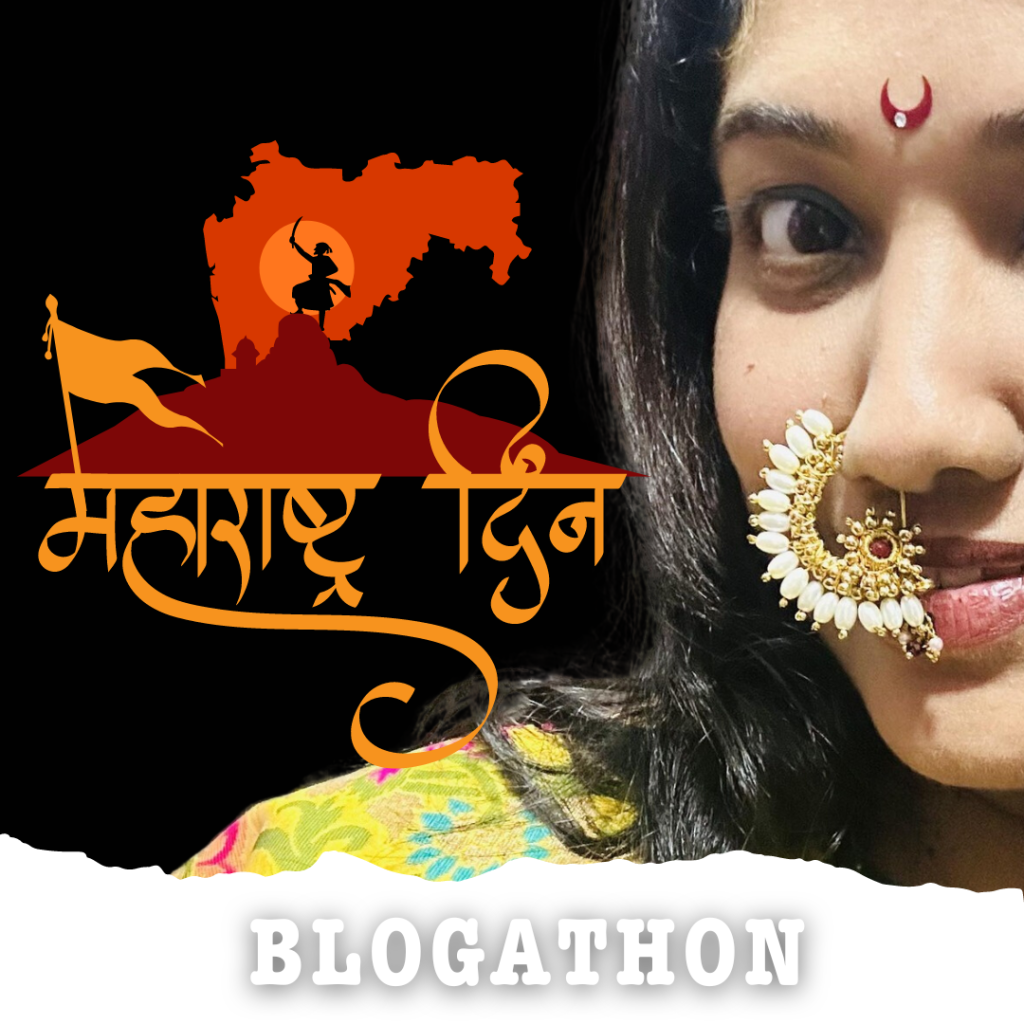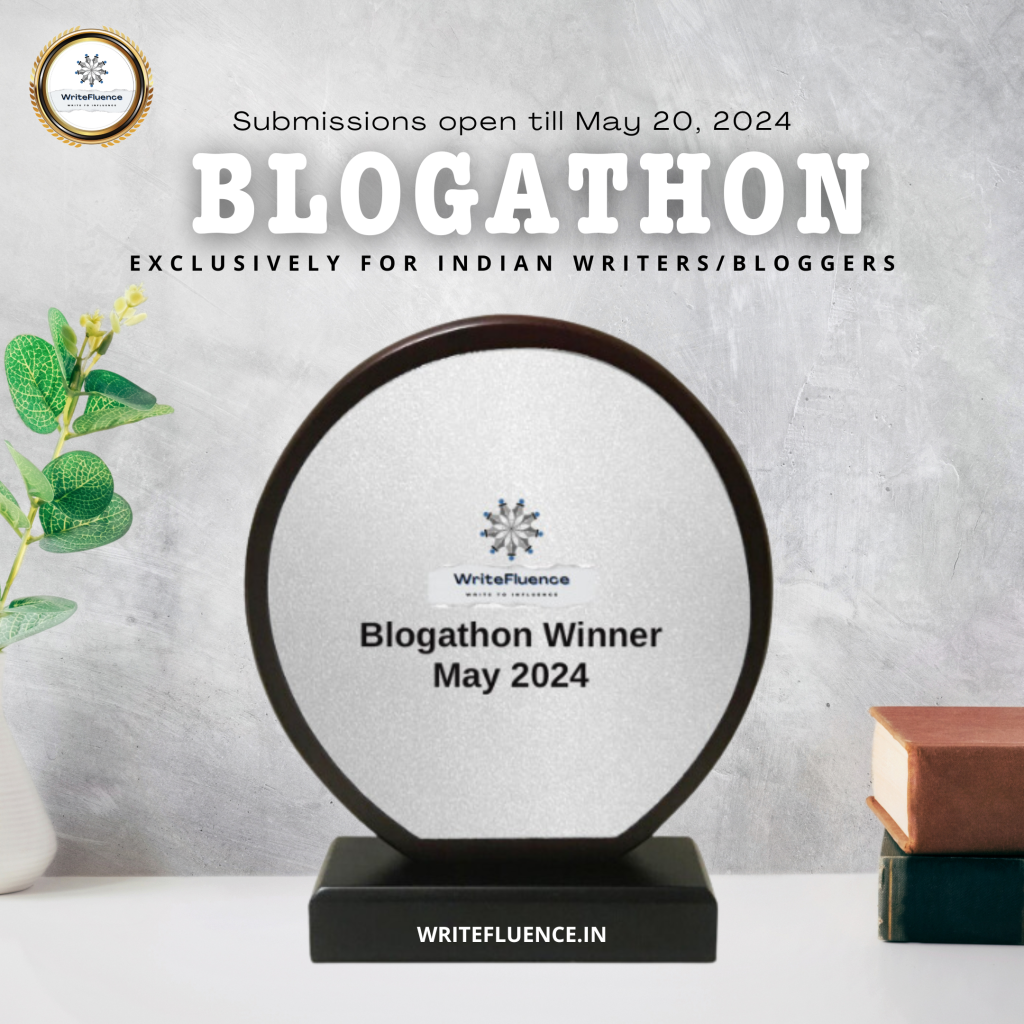How to Write an Interesting Story for a Writing Contest
Writing contests are fantastic opportunities for aspiring writers to showcase their talents, gain recognition, and even secure publishing deals. However, to stand out in the crowded field of submissions, your story must be not just good, but extraordinary. This article will guide you through the process of writing an interesting story for submission to a writing contest that captivates judges and readers alike.

- Understand the Contest Rules
Before you put pen to paper or fingers to keyboard, thoroughly read and understand the contest rules. Pay attention to word limits, themes, genres, and submission guidelines. Failing to follow these instructions could result in disqualification. Knowing what the judges are looking for will give you a competitive edge.
- Find Your Unique Angle
Your story doesn’t have to be entirely original, but it does need a unique angle or perspective that sets it apart from the competition. Explore fresh concepts, unexplored themes, or unusual character perspectives to make your narrative compelling and memorable.
- Create Complex Characters
Engaging stories often feature well-developed, relatable characters. Invest time in crafting protagonists and antagonists with depth, goals, and relatable flaws. Give them compelling motivations and relationships that add complexity to your plot.
- Hook the Reader from the Start
The opening of your story should be gripping and intriguing. Whether you choose to start with a thought-provoking question, a shocking event, or a vivid description, the goal is to grab the reader’s attention immediately. A strong hook is crucial in writing an interesting story.
- Build Tension and Conflict
Tension and conflict are essential elements in storytelling. Create conflicts that drive the plot and engage the reader’s emotions. Whether it’s a personal dilemma, an external obstacle, or a moral quandary, conflicts keep readers invested in your narrative.
- Show, Don’t Tell
“Show, don’t tell” is a golden rule in storytelling. Instead of explaining a character’s emotions or the situation, illustrate them through action, dialogue, and sensory descriptions. This engages readers more effectively and immerses them in your story.
I recommend:
- Maintain a Well-Paced Plot
A well-paced plot keeps readers engaged and turning pages. Balance action, exposition, and character development to maintain momentum. Ensure your story has a clear structure with a compelling beginning, rising action, climax, and resolution.
- Use Vivid Descriptions
Enrich your narrative with vivid descriptions that create a sense of place and atmosphere. Engage all the senses to help the reader visualize the world you’ve created. However, be concise; don’t let descriptions overpower the story.
- Dialogue and Subtext
Dialogue is a powerful tool for revealing character traits and advancing the plot. Make your characters’ conversations authentic and imbued with subtext. What isn’t said can be just as important as what is.
- Edit and Revise
A first draft is just the beginning. Take the time to edit and revise your story meticulously. Check for grammar and spelling errors, but also focus on tightening the plot, improving characterization, and refining your prose.
- Seek Feedback
It’s often difficult to see your story objectively. Share your work with beta readers or critique partners who can provide constructive feedback. Consider joining a writing group or seeking feedback from writing communities online.

- Read Winning Stories
Before submitting, read previous winning stories from the same contest, if available. This will give you a sense of the judges’ preferences and the level of competition.
Writing an interesting story for a writing contest is a rewarding endeavor that can lead to recognition and opportunities for your writing career. By understanding the contest rules, and crafting a compelling narrative with complex characters and well-paced plots, you can maximize your chances of standing out and winning the coveted prize. Remember that persistence and continuous improvement are essential in your journey to becoming a successful writer.
Good luck, and happy writing!





Leave a Reply